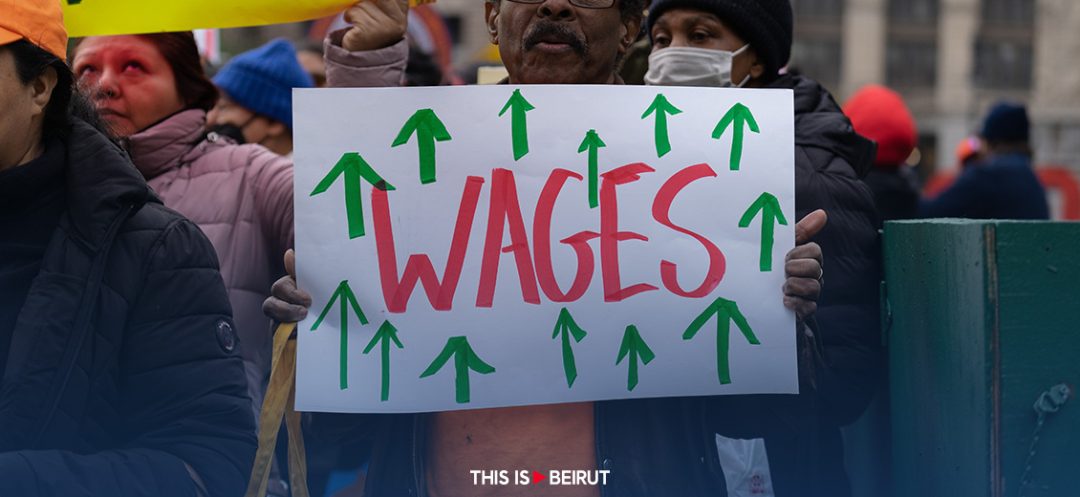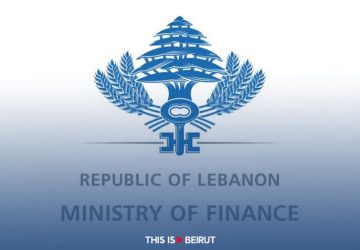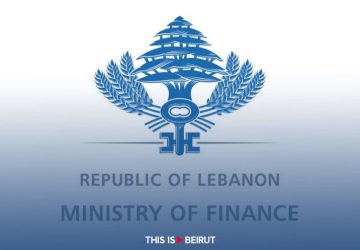Listen to the article
If you haven’t fully grasped the new public sector employees’ salary scale, don’t sweat it. No one has, not even the main beneficiaries or those tasked with the responsibility of crushing the numbers every single month.
The saga of the public sector employees’ salary scale is spiraling into unprecedented levels of absurdity that deserve a crash course in surrealism and a global award for the “best public mishmash.”
Salaries have thus been multiplied by nine, factoring in past raises, so they now fluctuate between a measly $400 and a lavish $1,200, depending on the category.
But there are always exceptions to the rule, such as in some autonomous institutions (Alfa, MTC, BDL, MEA…) that rely mainly on dollars. Then there is another category of exceptions where certain groups have received special treatment: NSSF, university professors…
And while these salary hikes supposedly target the permanent formal employees, one can only wonder if they trickle down, and to what extent, to all the contract workers, daily wage earners, invoice-based payees, hourly wage workers, collaborators, contract-based interim workers or those left in the bureaucratic shadows… The myriad of statuses that coexist within the grand mess known as “Administration” is endless.
Moreover, in some cases, in addition to the salaries, you should throw in attendance and/or productivity bonuses, provided you clock in for 18 days a month, without necessarily specifying the number of hours per day. That is left to one’s discretion.
Yes, there are fingerprint machines at the entrances of a few administrations, but relaying this information to the Ministry of Finance’s central computer is somewhat challenging. Towards the end of each month, the task involves tallying the days of attendance, along with justified—or unjustified—absences for each of the nearly 300,000 employees, dispersed across dozens of locations.
Moreover, fuel vouchers or matching cash amounts are also provided (or is it the same as above?): first-category public sector employees receive vouchers for 16 units of 20 liters each, and going decrescendo, eight units for Category 5 employees.
The reasoning behind this decision might have been based on the idea that the director general drives a Mercedes, while the gatekeeper a Kia Picanto. Yet the director’s house may very well be located a few minutes away from his ministry, whereas the gatekeeper who might not be able to afford an apartment in Beirut will have to put up with a long commute from Ketermaya, 40 km away from the capital.
All these decisions come under the label of exceptional relief measures, which will not be included in the salary base and will not be subject to standard charges. At this point, the state is thus mimicking the private sector, which often fails to report all employees’ income. Essentially, the state will not fully disclose remuneration to itself, partially transitioning into the informal sector, which is inherently self-contradictory.
Meanwhile, military personnel will receive additional payments in dollars from international aid. However, these are not permanent, as they are sporadically-based and can therefore fluctuate or even dwindle the following year.
In any case, we are grappling with a disintegrated salary system that threatens to overwhelm the ministry’s outdated computer system. This comes at a time when the recently released 2024 budget—duly approved by Parliament—is already outdated, with numbers no longer up to par with the new reality of expenses.
This has deeply unsettled economic entities (employers) which are baffled, asking for transparency and recalling the sordid experience of the 2017 salary scales. The latter contributed to the onset of the financial crisis due to its miscalculations which resulted in flooding the market with an overwhelming amount of Lebanese pounds that couldn’t be absorbed. As such, they dread a repeat of this scenario.
The Central Bank (BDL) decided to step in and add another layer of complexity to the situation, trying to appease everybody by stating its readiness to keep exchanging these wages into dollars each month. This decision could entail spending the rest of the month collecting these same dollars converted into Lebanese pounds or used directly for everyday expenses.
That being said, the public sector employees are still unhappy, understandably so, given the fact that their potential earnings may now amount to just a third of what they used to get before the crisis. Therefore, we should brace for another round of protests following a brief lull. Then, we should expect additional extras which will be allocated in homeopathic doses, compounded to the overall formal and informal wages.
As an example, let’s entertain the idea of the distribution of two loaves of bread per week. However, following the logic outlined above, there’s a catch: basic Arabic bread for Category 5, with an added bonus of a Gandour Unica biscuit. Moving up the ladder, directors would indulge in multigrain baguettes, complemented by a package of Lindt 80% cocoa chocolate.
Let’s face it, the ways of this so-called welfare state are inscrutable, to say the least.
nicolas.sbeih@icibeyrouth.com





